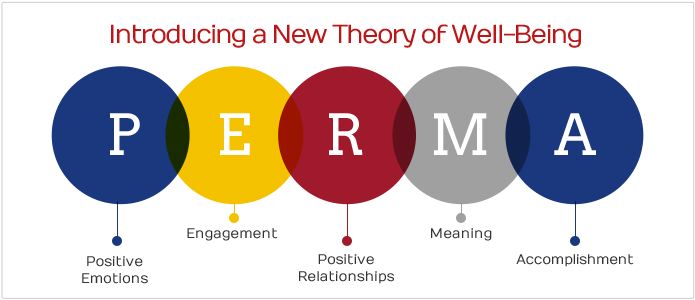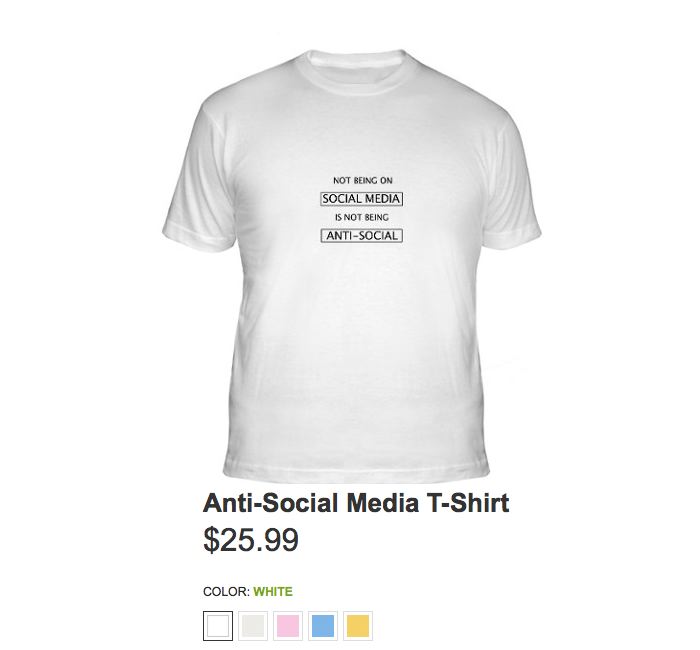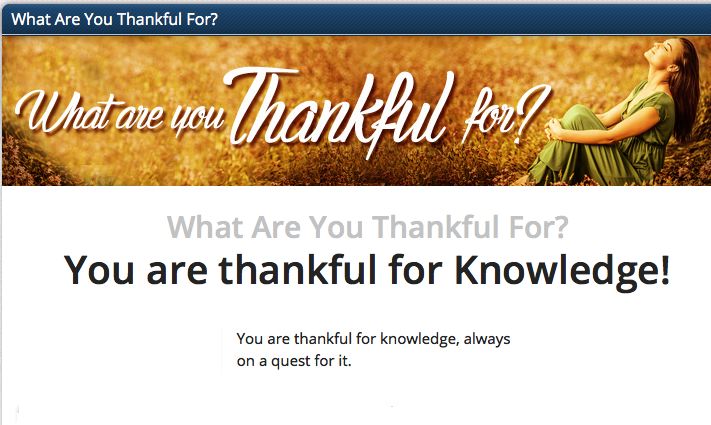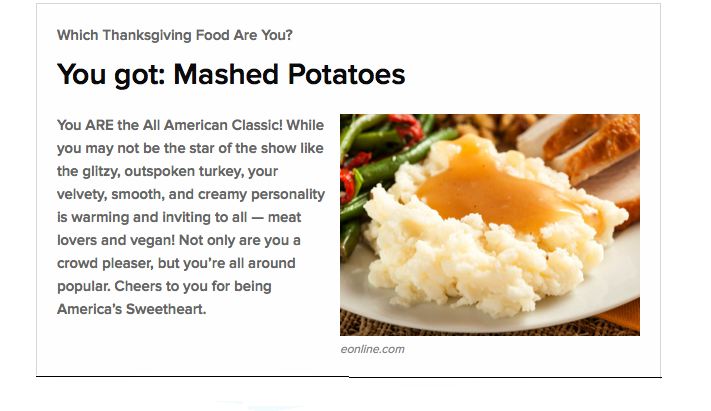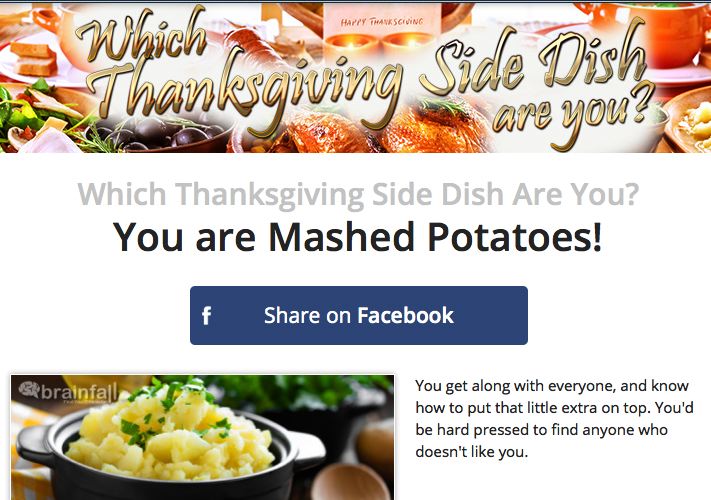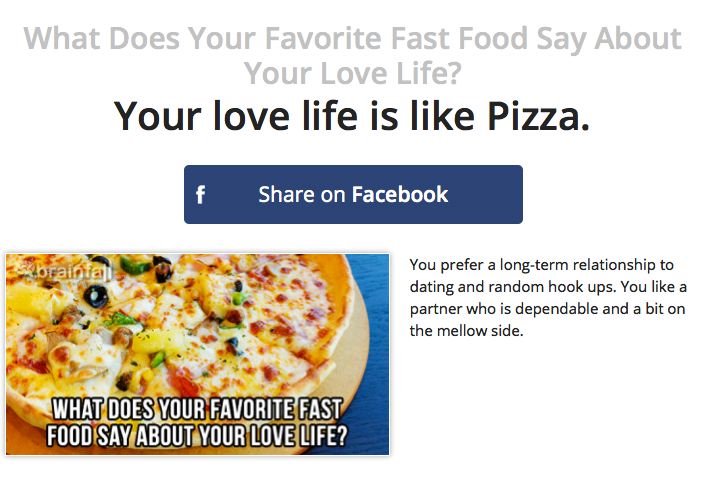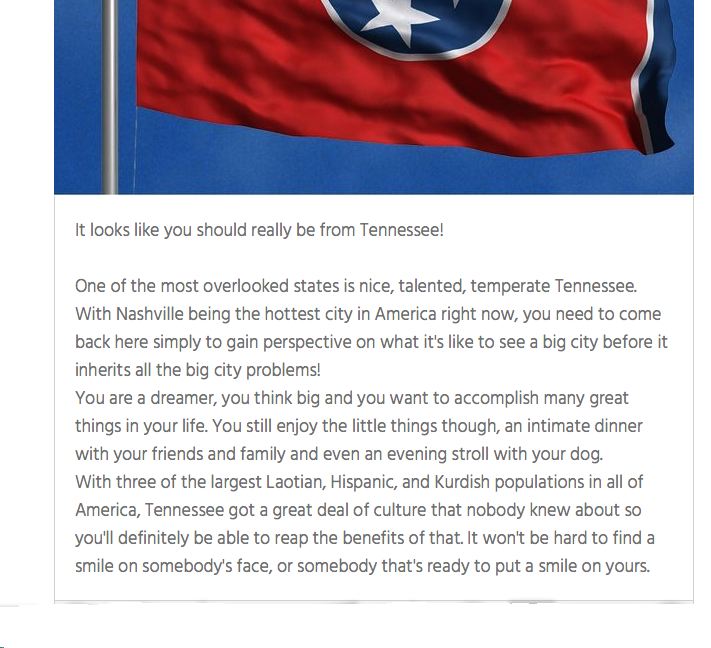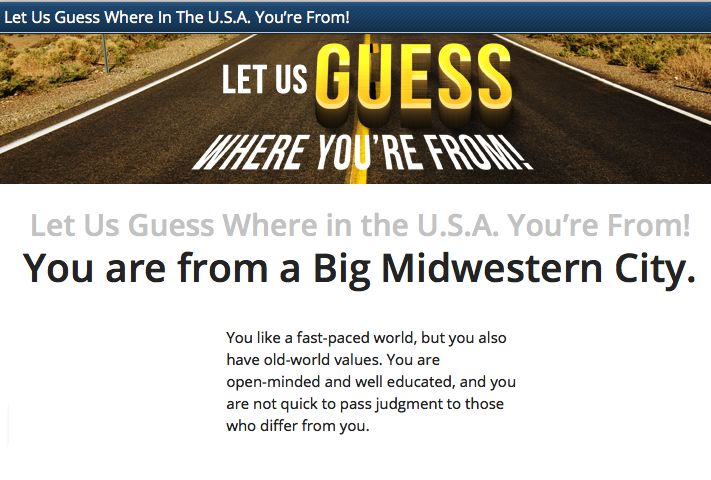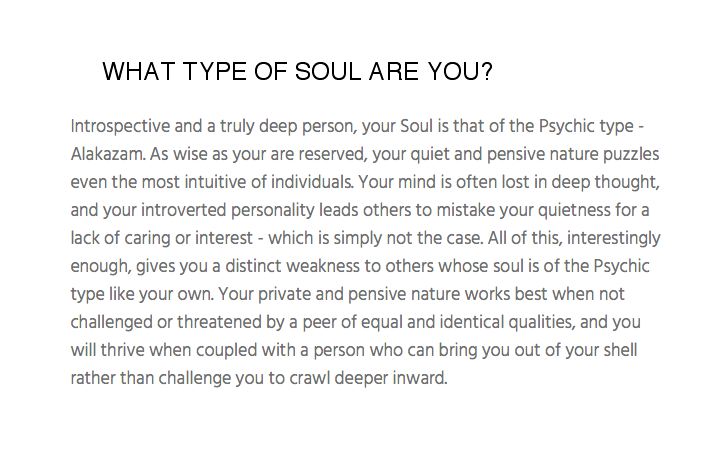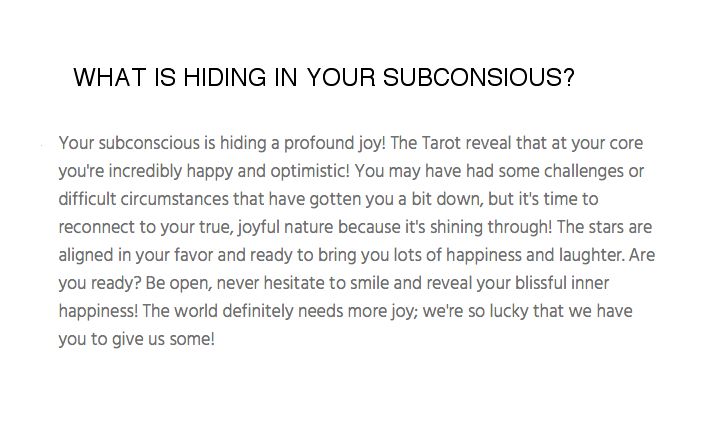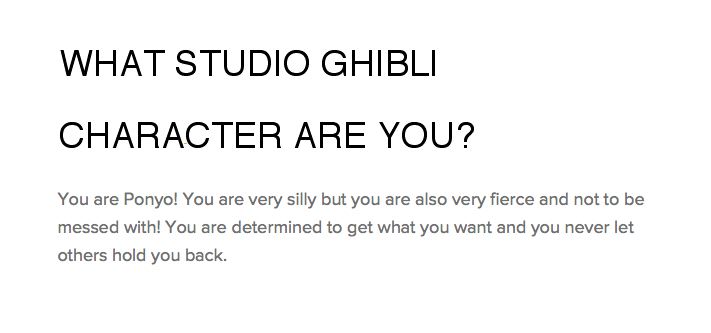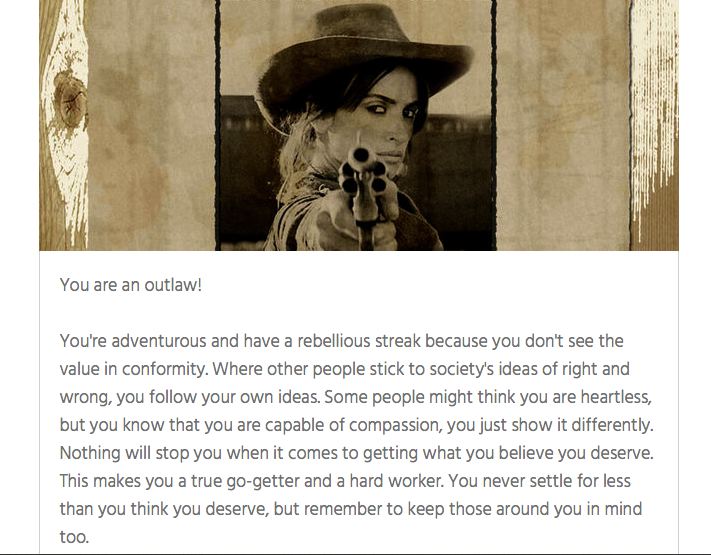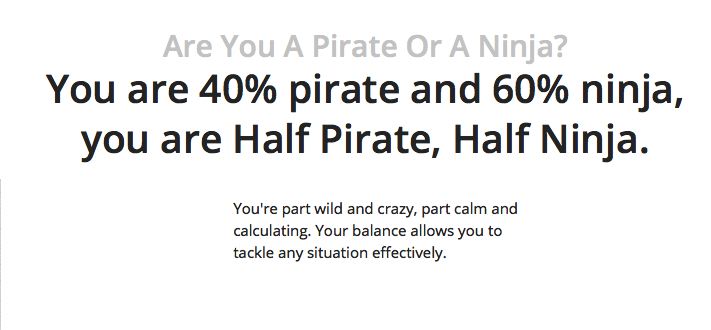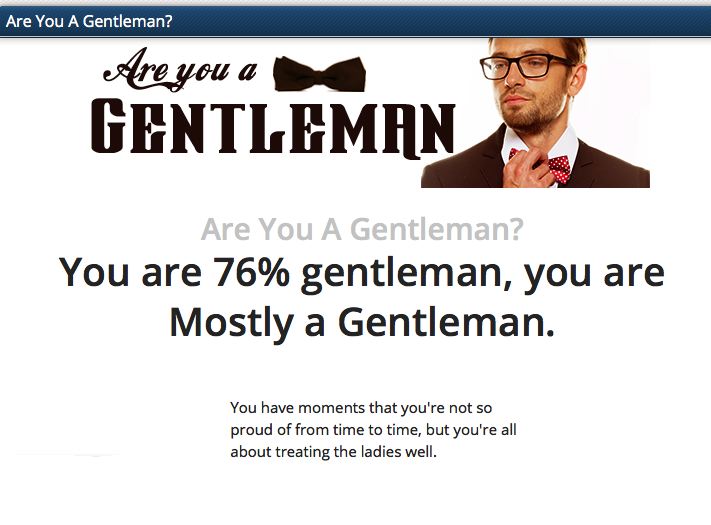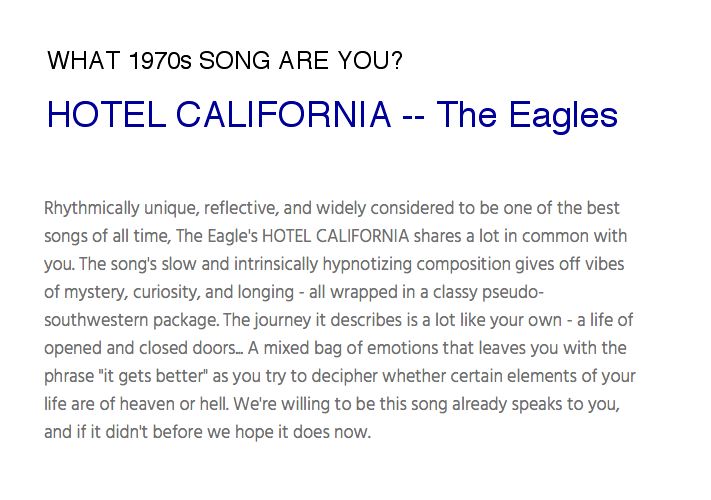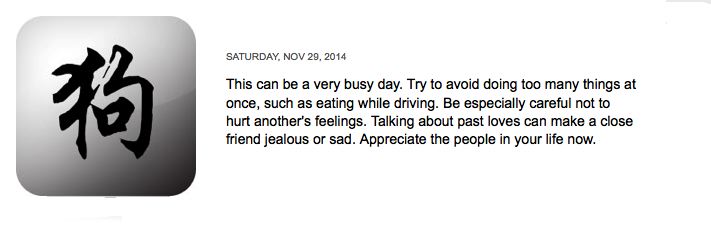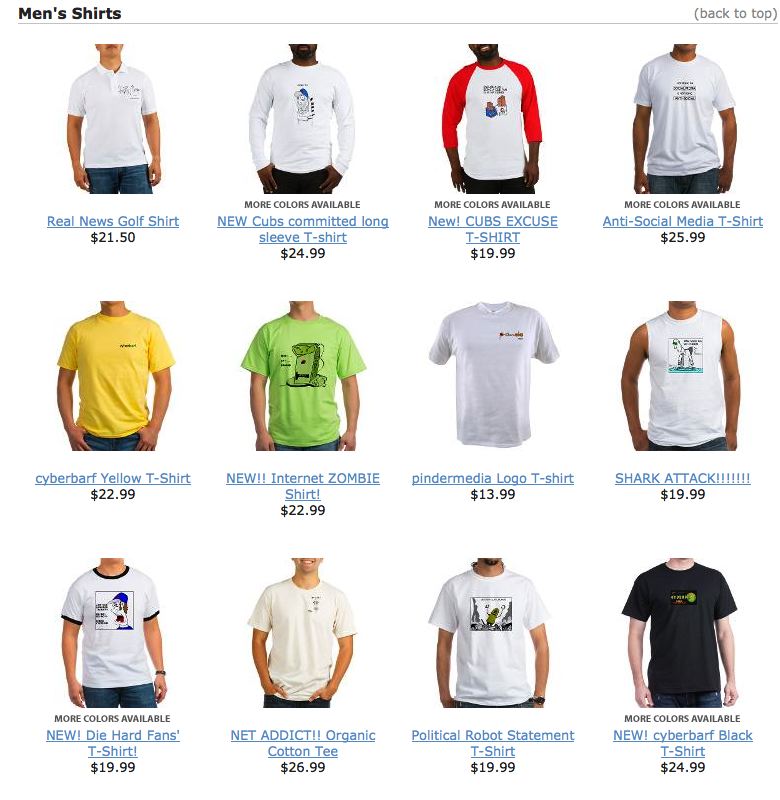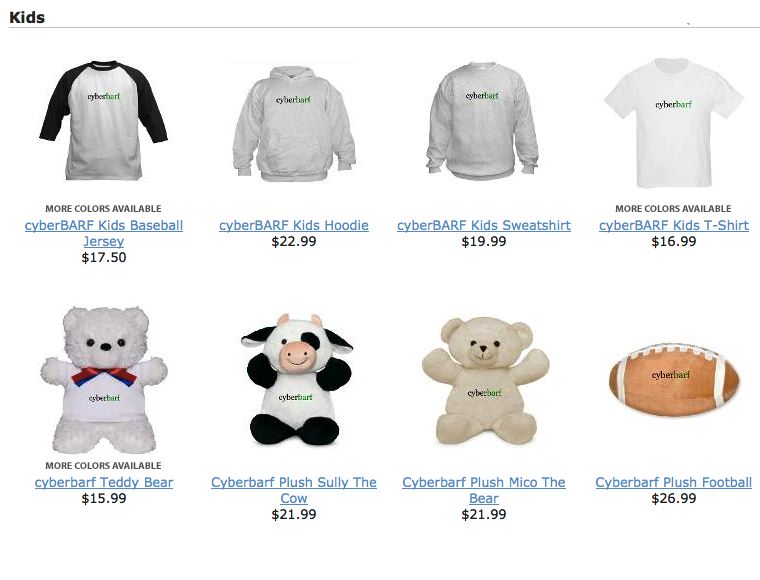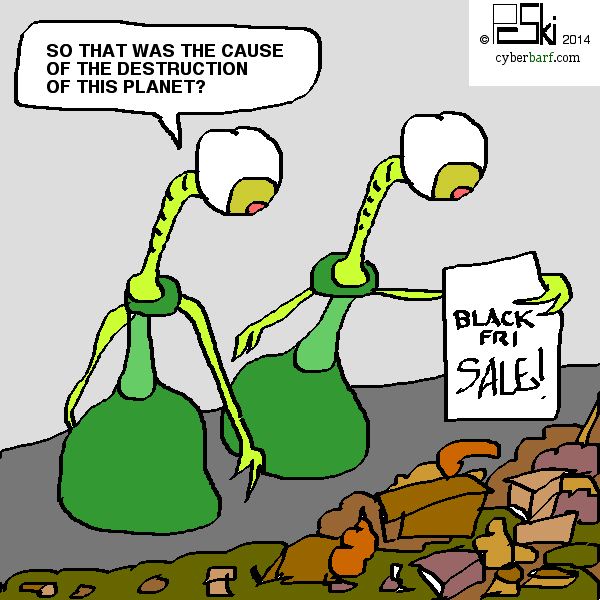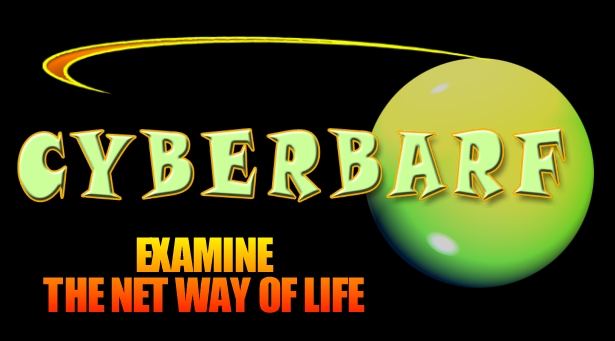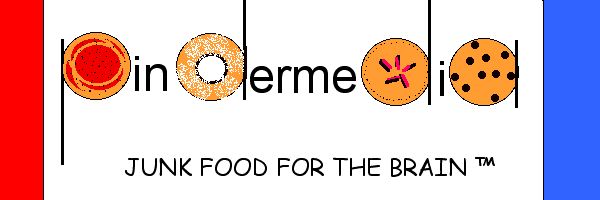|
cyberbarf VOLUME 14 NO. 5 EXAMINE THE NET WAY OF LIFE DECEMBER, 2014
QUIZ GIRLS WHETHER REPORT THE GAME OF SELFS SOCIAL MEDIA VIEW iTOONS SMARTWEAR NEW REAL NEWS KOMIX! SHOW HACK!
|
|
Hi, I'm Cyn, your site hostess, saying "Hello to my fellow Cyberculturists!" Can you believe that 2014 is almost at an end? Where did the Time go? Don't you wish you had a Doctor Who time machine and go back and re-live parts of the year - - - to celebrate the good times and correct one's mistakes?! Well, that's Life for good or ill. We must try to do better once we realize that we missed something important in the past. New Year's Resolutions may seem passé in our modern, internet connected tech world. Most people only think in the present so they can't project what they want to do a year from now. But without change we live in a rut. Without a dream or a goal, we stagnant into habitual malaise. Embrace the challenge. Embrace the expectations. Embrace the pain to make things happen. Then embrace the one(s) who can make it happen. There is no reward without some risk. Open your eyes and it may be already in reach. |
©2014 Ski All Rights Reserved Worldwide Distributed by pindermedia.com, inc.
|
|
cyberbarf EXAMINE THE NET WAY OF LIFE cyberbarf QUIZ GIRLS . . . CYBERCULTURE 2014 may go down as the Year of the Quiz. The Internet has mushroomed with quiz pages. The popularity of these tame diversions has not been lost on high traffic web operators, like BuzzFeed, which caters to eye ball capture. These quiz pages are pretty harmless fun, but the vast majority of them are geared toward women. Part pop psychology, pop gossip, water cooler fantasy and ego stroking, these Internet quizzes do not test intelligence. Seemingly random questions tangential to a topic are answered in a format that is not nontransparent to create a final reveal (the answer). A lot of the content is nonsense questions.
BuzzFeed has begun to launch branded quizzes, which appear in a similar fashion to the site’s sponsored content. BuzzFeed has begun working with clients to make the quizzes, which included “Which David Bowie Are You?” from Spotify. The “Which Barbie doll are you?” quiz from “featured partner” Mattel has more than 152,000 Facebook shares since it launched, a spokesperson for the site told Mashable. “People love knowing and talking about themselves. It's social currency. And these quizzes are a great opportunity for people to compare themselves with others,” Berger said. While BuzzFeed's quizzes are the most ubiquitous, Zimbio claims to have enjoyed the biggest gains. The celebrity and entertainment news website has ridden the quiz wave to traffic numbers that nearly quadrupled in two weeks. The site launched “Which Disney princess are you?” about the time Quantcast shows Zimbio traffic spiking. “That's where we knew we had stumbled on to something special,” said John Newlin, vice president of content at Livingly Media, which operates Zimbio. Where there is traffic, there is money, especially for a format that lends itself to pop culture. “With branded quizzes, there are a tremendous amount of angles we can approach,” Rosenthal said. Whether quizzes can continue to drive traffic remains to be seen. Rosenthal said that BuzzFeed continues to see elevated traffic for its quizzes. BuzzFeed also seems intent on flooding the market — six quizzes were posted on each Monday. BuzzFeed founder and CEO Jonah Peretti listed quizzes alongside video, longform, short-form, breaking news and explainers as the company's main publishing formats in a memo to his staff. Newlin said Zimbio quizzes have seen a dip from peak success, adding that it can be difficult to predict which quizzes will perform particularly well. Quantcast showed that the site's traffic had recently returned to about where it was before. Zimbio was kind enough to highlight some of its strongest and weakest quizzes. Newlin said he was particularly surprised that The Simpsons quiz did not do better. “It's really hard to guess which ones are going to do really well,” Newlin said. “We're just constantly surprised by what really takes off.” The quiz fad took off last year. “We find that when people take one quiz, they want to take more,” said Melissa Rosenthal, director of creative services at BuzzFeed. “People love to share things that kind of represent who they are and say something about who they are.” This combination of addictive and shareable is powerful, propelling the most popular quizzes to millions of views. With that traffic comes the lucrative opportunity of pairing sponsors with a format that has proven friendly for pop culture, brands and nostalgia. There are two quizzes generally credited with igniting the recent trend. BuzzFeed's “What city should you actually live in?” on Jan. 16, 2013 and has accrued more than 20 million views, with around 75 per cent generated from social networks. The other is “How Y'all, Youse and You Guys Talk” from the New York Times, which became 2013's most popular story on NYTimes.com despite being posted on December 21st. “These quizzes live and die by sharing. That's how they travel. The successful ones are successful because people share them,” said Jonah Berger, associate professor of marketing at the University of Pennsylvania and author of Contagious, a book that examines word of mouth and engagement. The social nature of quizzes has also caused a fair bit of snark and distain. “Famous Person Should You Get Drunk With” had more than 2.4 million views. “What is new and exciting today soon becomes old hat,” Berger said. “But there are always new versions of old things and culture is highly cyclical. What was popular 20 years ago will be soon be back disguised in slightly new clothes.” Newlin said that the traffic for quizzes was remarkable to the point of being unsustainable, indicating that the quiz peak may have already passed. However other once-popular web crazes like gif-based listicles, not to mention infographics, have shown Internet popularity can by fickle and cyclical. But the Internet quiz craze kept growing in 2014, with more and more sites popping up with strange topics or goofy questions. Huffington Post remarked the idea of answering a series of multiple questions is not a new concept. Seventeen Magazine knew that the idea of navigating life through multiple choice questions was an easy way to capture a reader's attention. So why exactly cannot viewers stop taking them, even when common sense tells us the veracity of some of the results is probably shaky at best? While the obvious answer is that they're a fun way to kill time, psychologists suggest that there might be something more at play. “I think it's fun, but I think it also does touch something about our own sense of our unfolding story,” says Robert Simmermon, Ph.D., a psychologist in Atlanta Ga., who specializes in media psychology. ”I think it really goes to a sense of narrative psychology,” he told the HuffPo. What's more, people are always looking for venues for self-awareness, explains Steven Meyers, Ph.D., professor of psychology at Roosevelt University in Chicago, Ill. “You could introspect and think about yourself, however that has its limits,” he says. “When we take these self-assessments it gives us another mirror inward.” People, he explains, tend to triangulate three questions when making sense of their lives: Who am I? Who do others think I am? And who do I want to be? “These tests, especially when we share the results online, allow us to think about all of those questions in fun ways,” he says. “Magazines have been using this for years and years because of that same pull to learn more about ourselves has always been there.” The added dimension to this iteration, though, is social media, as people trumpet their results and wait for the feedback of their friends and followers. “I think a lot of people are really wondering, 'What do other people think of me?'” Meyers says. “And this is a really innocent and non-threatening way of finding out.” The results, however, are often more for entertainment value than a result of hard science, the methodology can border on “absurd,” Meyers says. But there are actually well-studied resources for people who want to learn more about their personalities online, including The SAPA Project and the University of Pennsylvania's Authentic Happiness assessment, he says: "So if people really want a more reliable and valid source of information, they can find it on the web. However most of these are not the ones that we see on Facebook or on popular websites." New York Post called it “the silly popularity quizzes.” It interviewed a young woman who takes the daily quizzes including a one “Which sandwich are you?” After answering a series of unscientific, seemingly unrelated questions, which included selecting her favorite doughnut from a lineup of frosted pastries, she had her answer (grilled cheese). She said she did it as harmless fun, and a way to share results with her on- line friends. If the result is actually something she likes, say grilled cheese, some believe that gives these nonscientific quizzes some false creedence beyond mindless entertainment. And she is not the only one who's comparing herself to sandwiches lately. The Post concludes that Experts say the phenomenon is not surprising given the age-old fascination with that central question - - ”Who AM I?” - - and a desire to compare ourselves with others in a social media-obsessed society. Users admit that they and several friends spent afternoons taking quizzes and texting each other screen shots of the results. “It turned into an all-day group text message test, where it was just picture after picture of, oh, what rapper are you?” she says, laughing. So in some situations, sharing quiz results is a form of social currency to start a feed back lop in social media. “For our most viral quizzes, the results have to be meaningful in some way,” says Summer Burton, BuzzFeed's managing editorial director. “It's not that they are scientific. It's just that what they say means something to people as far as their own identity.” A scroll through the QUIZZES page on Buzzfeed.com reveals a bewildering assortment, many infused with pop culture references. The quizzes are overwhelmingly upbeat and lighthearted in nature, a calculated decision by the people engineering them. After all, they are designed to be an affirmation of how you see yourself, not an assessment of who you really are. “Quizzes are an investment of someone's time,” Burton says. “So it feels like it would almost be mean for someone to go through the process of taking the quiz and have it say, 'You're really cynical and negative and nobody likes being around you.' The ideal is that the qualities are specific enough that it feels personal, but they're also a compliment.” The ability to create a quiz was encoded into Buzzfeed's in-house content management system a little more than two years ago. Essentially any staff member has the autonomy to create one. There are no specific rules regarding quiz-making, but each one follows the same age-old general format: You start with the results and work backward based on general personality traits that go with each answer. “If you take a 'Parks and Rec' quiz and you get Leslie Knope, then you're very enthusiastic,“ Burton says. “It's almost like you pick three or four adjectives, and then those kind of go into figuring out what the answers for each question are going to be. And assigning them to a result.” Staff members generate the quiz ideas themselves and create the entire thing on their own, though they do receive an edit and feedback before the quizzes are published. “We hire really creative people and kind of tell them to run wild,” Burton told the Post. To get users into a daily habit of opening a page to take a quiz is like opening a newspaper to do the daily crossword, or read one's horoscope. The web quiz sites need to constantly update their content in such a fashion to reinforce the return visit. The ability to share one's results on social media brings a sense of community currency and validation on the whole exercise, even though there is no measurable intellectual capital infused into society. Like candy, with little nutrional substance, people can get hooked on taking quizzes in order to make themselves feel better (emotionally or as a stress relief exercise to pause during the work day). The idea of sharing results is a method of engaging in social companionship that is missing in many individuals personal lives. A digital society imparts the means of social interaction, but only in the means of social posting. Ultimately, the quizzes offer a superficial way to connect with distant friends and allow people to share personal information without compromising their own privacy, says Gwendolyn Seidman, an assistant professor of psychology at Albright College in Reading, Pa. In other words, taking a BuzzFeed quiz is like driving through a fast-food drive-thru on the Internet. “Those questions are easier to answer than a real personality test,” Seidman says. “It's very easy to say, 'This is the candy that I like, this is the movie that I like.' You can turn it into some information about yourself — without actually doing the hard work of really thinking hard about yourself.” The concept of more mindless Internet surfing has some people concerned. Whether these pop-psych on-line quizzes are helpful or harmful is up to a debate. However, various academics believe that that if a person wants to find out something more about their inner self, they have better testing methods. The University of Pennsylvania has an academic centric project to measure a person's happiness. The core analysis is What is well-being? And why is authentic happiness theory wrong? In his book Flourish: A Visionary New Understanding of Happiness and Well-Being , Dr. Seligman shares his updated theory of well-being (see chart, below). Positive Psychology Initiatives Positive psychology theory and research has been applied across many domains, from education to health to neuroscience. It's web site has articles to offer an introductory overview for those who may not be familiar with these projects. For example, there are articles on recent efforts in "positive health" to identify the subjective, biological, and functional assets that actually increase health. A network of researchers are studying neuroscience topics ranging from the biological bases of altruism to the effects of positive interventions on the brain.
The SAPA Project gives on-liners a chance to take a personality test. The free test is confidential and anonymous. The test was designed to evaluate the structure of personality. After completing the items, you will get a full personality profile that is customized based on your responses. This will include a personalized image like the color-coded chart on this page and text which will help you to interpret your scores. Your scores are calculated based on the six “factors” of your personality and the 12 lower-order “aspects.” On-line personality quizzes are not intended to take the place of introspection or diagnosis. It is a form of entertainment which can be confused with some hidden truth being revealed by an unknown artificial intelligence. (No wonder Elon Musk is preaching against the rise of AI, where machines are going to tell human beings what to do instead of humans thinking for themselves.)
|
|
cyberbarf THE WHETHER REPORT |
cyberbarf STATUS |
| Question: Whether the general public will understand the net neutrality debate? |
* Educated Guess * Possible * Probable * Beyond a Reasonable Doubt * Doubtful * Vapor Dream |
| Question: Whether the slow down in the Chinese economy have a major impact on the global business climate? |
* Educated Guess * Possible * Probable * Beyond a Reasonable Doubt * Doubtful * Vapor Dream |
| Question: Whether Apple will become the world's first trillion dollar company? |
* Educated Guess * Possible * Probable * Beyond a Reasonable Doubt * Doubtful * Vapor Dream |
|
LADIES JAMS MULTIPLE STYLES-COLORS $31.99 NICE HOLIDAY GIFT
PRICES TO SUBJECT TO CHANGE PLEASE REVIEW E-STORE SITE FOR CURRENT SALES |
NEW TO THE STORE CHECK OUT ALL THE STYLES!
THANK YOU FOR YOUR SUPPORT!
CYBERBARF
|
|
cyberbarf EXAMINE THE NET WAY OF LIFE cyberbarf THE GAME OF SELFS. . . SKI GETS QUIZZED During the Thanksgiving holiday weekend, it was time to investigate further the lead story about on-line quizzes. The best way to examine this net culture spike is to actually take a few and see what happens. The web pages were filled with Thanksgiving theme quizzes.
In the words of our most accomplished modern philosopher, Homer Simpson, “ D'oh!!” The quest for knowledge should be hard wired into every human being, otherwise we would be curled up in culvert drains instinctively fighting rabid raccoons for acorns. Then two different sites had the same goofy question. A time to compare quiz engines!
Well, some would say this is validation for the process. But what does that say about me? Apparently, I am popular and get along with everybody. Who can really argue with random generated faux science?! But things can get even more personal in the quiz world.
The most popular quiz topics are things about where you should live, where you should live and what location best suits your personality. These high hit pages may actually reflect the restlessness of America during this long, slow recovery from the financial collapse of 2008. After years of falling behind (economically), a few people may actually are looking for a sign on what to do (to change their lives).
Well, I am not from Tennessee, but I have visited that state. And, prolifically, I am from a Big Midwest City if one still considers Chicago as large Midwestern city. Besides the guesswork of where one is from, what job you do or something that you can say that is true or false - - - the intangible quiz questions are supposed to reveal something hidden inside you. This is where the pop psychology pulls many people into the quizverse like the daily horoscope.
Again, the answers include positive reinforcement - - - it may be a Pavolv dog reward experiment. If you play the quizzes, you will get rewarded with praise, hope and positive attributes to help you get on with your day. Again, I will have to defer to friends and acquaintances to determine whether these hidden traits have validity.
This is probably true when I am around my young nieces and nephews - - - a silly uncle because days like Thanksgiving is for grown-ups (food, football, talking grown up stuff.)
So, on a different site the question was what type of Wild West Character are You? Well, there is some consistency in the results.
Of course, the national discourse needs clear labels of who you are:
From memory, pirates were lawless sea bandits who did practice democracy among the crew and created the first form of worker's compensation for injured ship mates. Ninja are part of a culture of honor, trust and assassination for specific ideals. So the question itself begs the question: why do you have to be a ninja or a pirate? Besides, I am not in the financial industry.
There are some quizzes that give results in percentages, but without a grading scale like from school. Is three-quarters really good, or on the bell curve just average? Maybe its all about the comments. My friends know I doodle and cartoon almost daily (usually as a reprise during the lunch hour). So when a topic is about drawing, I had to take it, right?
I don't know about the doodle answer, since it seems contraindictative. But when one talks about the meaning of songs, as a college music director when this song came to the forefront, I had numerous debates on the true meaning of lyrics of this Eagles song. The quiz answer is nothing close to the song's meaning, but then again, it is supposed to reflect the user's personality.
I can see why one would like to think of themselves being reinforced by positive statements. The social network is filled with means to like, comment or bolster self-esteem. Quiz answers must meet a core need for approval (which was probably instilled at birth with parental attention). Finally, as a control I looked up my horoscope for the day of these quiz results.
This confirms my initial impression of the quiz world being like the daily horoscope. It was a busy day: half day at work then late night/early morning 3 A.M. family cab service to O'Hare Airport. The generalizations of horoscopes can be applied to anything that is in the forefront of one's daily calendar. A cautionary tale about not hurting other people's feelings is straight from Poor Richard's Almanac or your Grandmother's moral authority. And the kicker is a positive approach statement which may or may not get the brain gears in motion to do something that you have put off (intentionally or involuntarily). Anything that allows a person to improve themselves is fine. If the quiz answers makes a person “think” of the state of their life (which is contraindicated based on how the Internet is being used by people) with the possibility of changing for the better (in work, relationships, actions, etc) then it is a positive exercise. One cannot be critical of self-help trigger points. People get positive reinforcement from other means than just the Internet (or we should hope so). A person who is self-assessing could be motivated to change by listening to Seether's new song, Same Damn Life, just as well as reading a feature column, watching a sit-com, talking to a friend, or reading a book. And I will let my friends grade my answers to see if any of this makes any sense.
cyberbarf SOCIAL MEDIA VIEW REVIEW Chris Hardwick of Nerdist hosts a weekly podcast which features interesting guests. In a recent podcast, he interviewed comedian legend John Cleese, from Monty Python fame. From discussing the meaning of Tall Poppies, fame and what is really important in life, it is highly recommended that anyone listen to this podcast. The comments in regard to social media is the big takeaway from the interview. Cleese, 74 years old, gives a celebrity perspective of fame, fortune and misfortune in the pre-Internet age. He said that in the past in order to be famous, someone had to do something in order to achieve that fame. He said that deprivation leads to achievement. But today, he does not understand why people can be famous for doing absolutely nothing. It is a kind of poison that average people think their lives are insignificant unless they are famous. Social media seems to feed this viewpoint. Cleese questions why anyone would run their own personal gossip column on Facebook or Twitter. Hardwick said that he believes that social media itself gives people a sense of achievement by getting feedback from other people. It is an interesting two generational discussion on technology and the media as well as insight into the life and times of one of Britain's great comedic minds.
PRICES TO SUBJECT TO CHANGE PLEASE REVIEW E-STORE SITE FOR CURRENT SALES
|
|
THE PINDERMEDIA STORE IS FULL OF FUN T-SHIRTS CLOTHES, HATS AND OTHER ITEMS. CHECK OUT THE STORE FOR ITEMS
SUPPORT cyberbarf VISIT THE CYBERBARF STORE! Prices and styles may vary depending on sales, allotments, inventory. |
|
cyberbarf.com EXAMINE THE NET WAY OF LIFE iToons
cyberbarf SMARTWEAR SPORTS TECH Major League baseball last season had a rash of high profile pitcher injuries. Thirty-five pitchers had their seasons ended prematurely as a result of arm injuries. When a pitcher blows out an elbow, it takes Tommy John surgery (named after a former pitcher) and an 18 month to two year rehab process. Some pitchers believe they come back stronger than before, but TJ surgery successes are not guaranteed as some pitchers subconsciously pitch to their injury, i.e. change their mechanics to avoid future damage which in turn damages their careers. High profile starters earn $12 to $22 million. Teams have a huge amount of money in guaranteed contracts with star pitchers. Medical science is still trying to find ways to counteract the damage pitching mechanics has on the human body. There are some prospects, like Mike Prior, who came out of college with scouts saying he had perfect mechanics for a power pitcher. But Prior only lasted a few seasons, injuries and poor mechanics of overthrowing (throwing across his body which adds stress to elbow) ended his career. Engadget reports that MLB is looking at technology to help solve their pitching problems. The Motus Sleeve can even help Major League Baseball (MLB) players, especially pitchers, to perform better and avoid injuries or possible career-ending Tommy John's surgery. It has a removable 3D sensor sensor with six accelerometers and gyros that's placed in a pouch on the player's elbow. The Sleeve then collects data like arm speed, pitch counts, elbow torque and other pertinent data for hurlers, and swing data for batters. The results can be transmitted by Bluetooth to a smartphone either in real-time or later on. Motus cut its teeth on motion capture for sports, and the info from the sleeve can be used to help trainers fix flaws caused by faulty mechanics or fatigue. The device was tested by nine MLB teams, including the New York Yankees and Seattle Mariners, during workouts and bullpen sessions. The company said it captured hundreds of thousands of data points to refine the analytics app, and added that 90 percent of participating coaches and trainers used it “daily” during those tests. It'll be available to all MLB and NCAA ball teams for spring training next year, with a consumer version being released later. Wearable tech is the buzz word of this decade. But most wearable devices are tied to fashion trends rather than data collection for a certain purpose. The idea of gathering individualized player data points (like motion capture actors in movies) could create a new virtual sabermetric model for any player. With real time data streams, a manager or coach could have instant adjustments . . . which is like a video game. Such data collection also leads to the possibility that such information could be useful to game developers who can add more realistic algorithms to game play. Baseball may be on the cutting edge of technology to performance data points, but there still is an old school philosophy on pitching that many scouts still believe is valid. With children in youth baseball on pitch counts, many old timers believe that players are not pitching enough in order to train their arms to handle the wear and tear. Others also believe that pitchers are not training properly. Weights and muscle mass, they say, is the worst thing you can do for a pitcher's arm. They believe that flexibility over strength is the key. Since the experts cannot agree on how to train players or prevent injuries, more data may not resolve the issue. |
|
cyberbarf EXAMINE THE NET WAY OF LIFE |
"The Good Shephard is always in search for the lost sheep.". - - -Bishop Sheen |
|
BACK IN BLACK WITH THIS CLASSIC CYBERBARF T-SHIRT!
FEATURING: THE REAL NEWS IMPACT EDITORIAL CARTOONS WRIGLEYVILLE WAR POLITICS ENDORPHIN RUSH THE DARK ABYSS RANDOM ELECTRONS SPECIALS
FEATURING: THE REAL NEWS ARCHIVES CARTOONS MADAME'S TEA HOUSE THE BAR EXPLORE THE CITY SCAPE UNDER CONSTRUCTION SURPRISES ESTORE SPECIALS |
NEW THEORIES AND CHARACTER ESSAYS INCLUDING 10 YEAR ANNIVERSARY ARTICLES
cyberbarf
THE STEAM PUNK SPECIAL EDITION featured new Music from Chicago Ski & the (audio) Real News: (mp3/4:14 length)
EXAMINING THE NET WAY OF LIFE cyberbarf™ distributed by pindermedia.com, inc.
|
cyberbarf
Distribution ©2001-2014 pindermedia.com, inc.
All Ski graphics, designs, cartoons and images copyrighted.
All Rights Reserved Worldwide.




